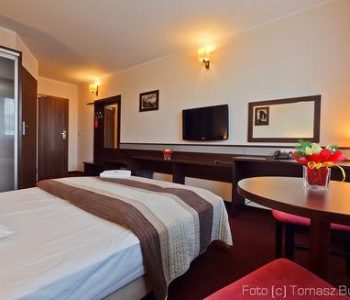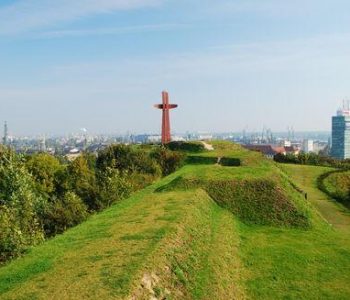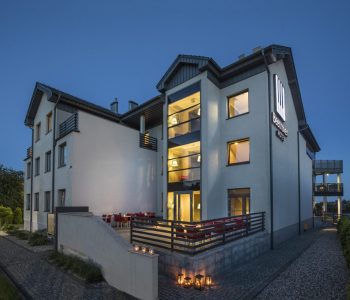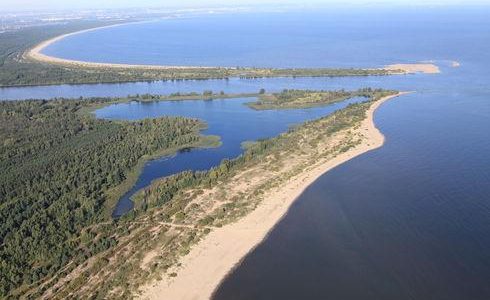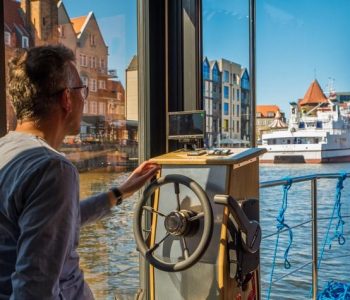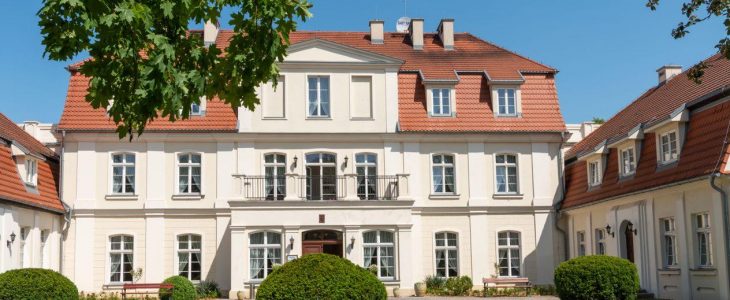At the beginning of 17th Century a son of a wealthy brewer was born and given the name Hans. The boy was very smart and got quickly picked up by Gdańsk scientific circles. Peter Crüger, a professor of the the Academic Gymnasium, taught him mathematics and astronomy and made him fall in love with these subjects. This was not well received by Hans’ father, who wanted his oldest living son (in fact his fifth child) to take over the family brewery after him and become a rich and respected merchant in the future, maybe even a local politician. So he sent his son to Leiden to study law and economics. The boy lasted a year and then went for a trip around Europe visiting scientific centres and the morst important representatives of the pure sciences. He was put in order and summoned home by his father. He got married quickly, which seems to be the fact which affected his further developments. The marriage was presumably an arranged one, but extremely fortunate and the business talents of his wife, Katherina, were so good that she in fact led the family business. Therefore, her husband had a lot of time to give his full attention to the stars.
He built a platform located on the roofs of three houses on Korzenna Street in the Old Town and made his astronomic observatory there. As the years passed his recognition grew as an astronomer, local politician and wealthy brewer. His scientific, professional and social success was however overshadowed by the fact that he had no children who could be left with his heritage. He could not have children with Katerina and even lost her after 27 years of marriage. Shortly afterwards he remarried and again he had a lot of luck. His second wife, Elisabeth Koopmann, not only gave him children, but also became his scientific partner and accompanied him during the nights at the observatory as the first female astronomer in history.
Hevelius’ achievements as an astronomer were also noticed beyond Gdańsk. He was in contact with the greatest scientists of his times. Halley himself was his guest, as well as Polish kings visiting Gdańsk. The fame of the Gdańsk astronomer travelled around the world and he is considered the most significant representative of old astronomy, just after Copernicus, Tycho Brahe, Kepler and Galileo Galilei.
The remembrance of Hevelius has been maintained in Gdańsk for hundreds of years. He won the title of the “Gdańsk resident of a thousand years”, he has his own street and monument, and there is a scientific exhibition called Hewelianum in the Hail Hill (Gradowa Góra) fortress. 2011 was announced as the year of Hevelius and there were many events organised referring to him. The Hevelius Trail in Gdansk is a very interesting and educational trip over the past and contemporary times worth taking for the history of Gdańsk, its past life, local beer and the two women who helped the brewer to become an astronomer recognised in the world.

